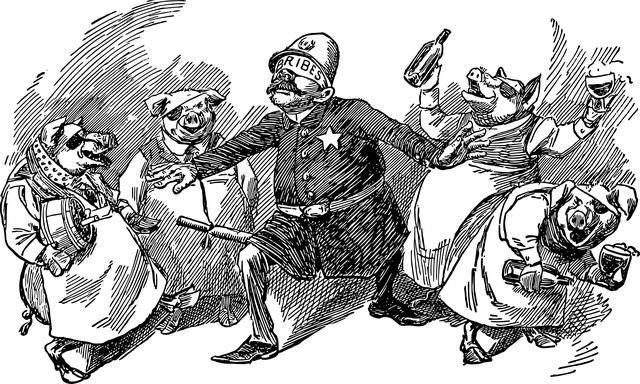Political Corruption in Pakistan: Causes, Consequences, and Remedies
Political corruption remains one of the most pressing issues in Pakistan, hindering its development and affecting the welfare of its citizens. Understanding the underlying causes, the consequences that arise from it, and potential remedies provides a roadmap towards combating this ongoing crisis. This article aims to shed light on these important aspects of political corruption in Pakistan.
Understanding Political Corruption
Political corruption can be defined as the abuse of power by government officials for illegitimate private gain. In Pakistan, this has taken various forms including bribery, embezzlement, nepotism, and cronyism. The implications of political corruption extend beyond mere financial loss, deeply affecting social, economic, and political structures.
Causes of Political Corruption in Pakistan
Several factors contribute to the prevalence of political corruption in Pakistan:
- Poverty: Widespread poverty creates a fertile ground for corrupt practices as individuals and officials may resort to dishonest means for survival.
- Weak Institutions: Weak governance structures make it easier for corruption to flourish without accountability.
- Political Instability: Frequent changes in government and policies lead to uncertainty and corruption as officials act out of self-interest.
- Culture of Impunity: A lack of stringent laws and enforcement allows corrupt individuals to operate without fear of consequences.
Consequences of Political Corruption
The ramifications of political corruption in Pakistan are severe:
- Economic Decline: Corruption discourages foreign investment and drains public resources.
- Social Inequality: Corruption exacerbates poverty and limits access to essential services like health and education.
- Political Disillusionment: Citizens lose faith in the political system, leading to decreased civic engagement and participation.
- Increased Crime: Corruption can lead to a rise in organized crime as illegal activities become more prevalent.
Case Studies: Political Corruption in Pakistan
Several high-profile cases exemplify the seriousness of political corruption in Pakistan:
| Case | Year | Key Figures Involved | Outcome |
|---|---|---|---|
| Asghar Khan Case | 1990 | Political Leaders | Ongoing Legal Battles |
| Memogate | 2011 | Petraeus, Haqqani | Political Fallout |
| Panama Papers | 2016 | Sharif Family | Disqualification of PM Nawaz Sharif |
Remedies for Political Corruption
Addressing political corruption in Pakistan requires a multifaceted approach:
- Institutional Reforms: Strengthening institutions and establishing independent anti-corruption bodies can help ensure accountability.
- Public Awareness: Educating citizens about their rights and the implications of corruption encourages civic responsibility.
- Transparency Measures: Implementing strict financial disclosure policies for public officials increases transparency.
- Enhancing Law Enforcement: Ensuring that laws are enforced uniformly can help deter corrupt practices.
Benefits of Combating Political Corruption
Fighting political corruption brings numerous benefits to society:
- Economic Growth: Reducing corruption can result in a more stable investment climate, spurring growth.
- Improved Public Services: Resources can be allocated more effectively, enhancing the quality of education and healthcare.
- Stronger Governance: A transparent political system fosters trust and increases government legitimacy.
Conclusion
Political corruption in Pakistan is a complex issue rooted in various socio-economic challenges. However, by addressing the causes, understanding the consequences, and implementing effective remedies, it is possible to pave the way for a more transparent and accountable political environment. The journey towards a corruption-free Pakistan requires collective efforts from the government, civil society, and the citizens themselves.



